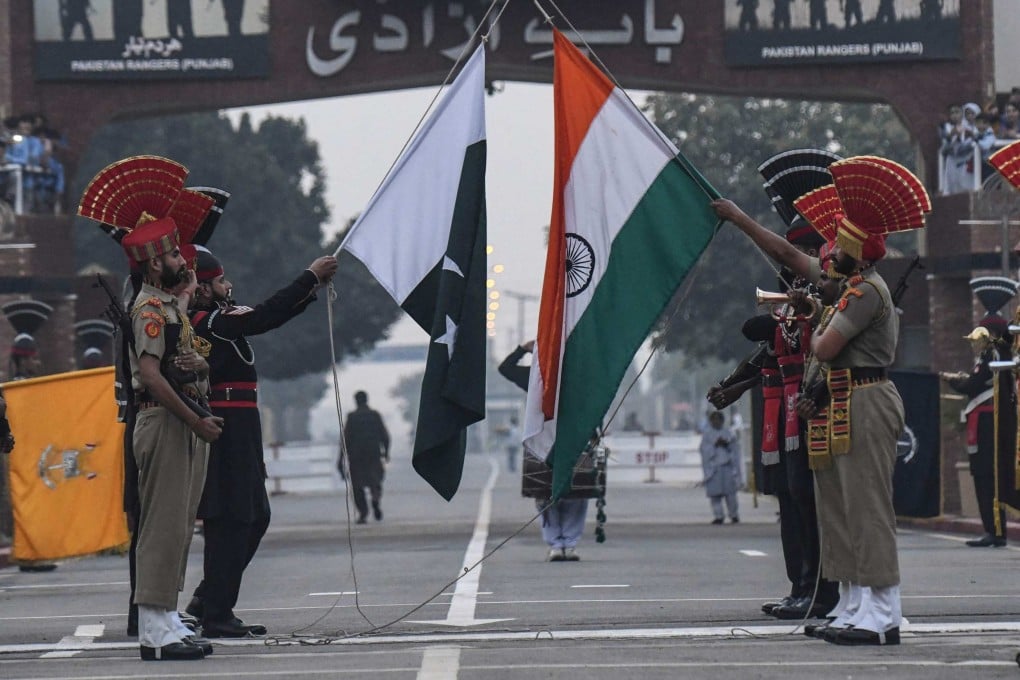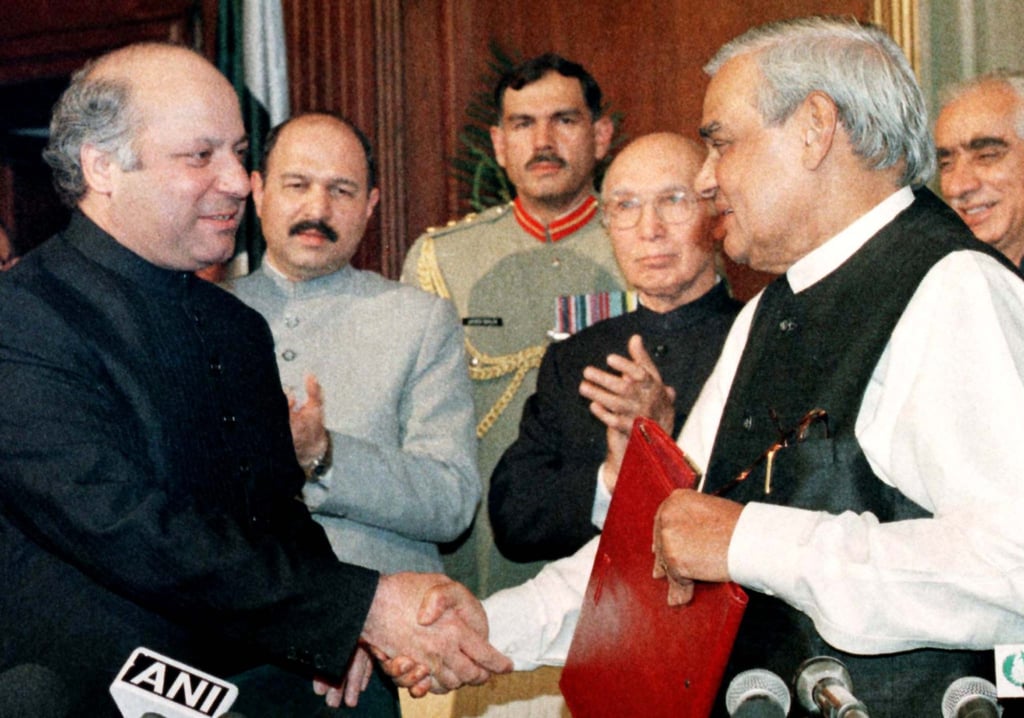Opinion | India and Pakistan can achieve peace ‘by pieces’ if they start small, take heart from history
- To prepare the ground for more ambitious accords in future, New Delhi and Islamabad should dust off the previous agreements they have reached
- Such pacts, on Sir Creek, the Siachen Glacier, trade and investment, are already on the table and could be signed with little further discussion or bargaining

Today, a comprehensive “big bang” settlement of their core disputes is politically unviable, but “peace by pieces” could be achieved. New Delhi and Islamabad can, and should, dust off previous agreements – on trade, investment and some territorial disputes – to lay the foundation for more ambitious accords in future.
War and peace
Since then, India and Pakistan have gone to war three times – in 1965, 1971, and 1999 – and had several more scares: in 1986-87, 1990, 2001-2, 2008, and most recently, after 2019’s Pulwama terrorist attack in Kashmir that prompted Indian air strikes on Balakot in retaliation. However, the two sides have also signed peace treaties and agreements: in Tashkent, after the 1965 war; and in Simla, after the 1971 war. When tensions ran high after their respective nuclear tests in 1998, the two signed the Lahore Declaration, which included understandings on nuclear controls, in February 1999.

Even in war they have tacitly cooperated. Neither side has ever resorted to strategic bombing of population centres and both treat prisoners-of-war correctly. Violence during hostilities has been limited, and casualties have been low. In 1988, they signed an accord to exchange a list of nuclear facilities annually and have pledged not to attack each other’s reactors.

